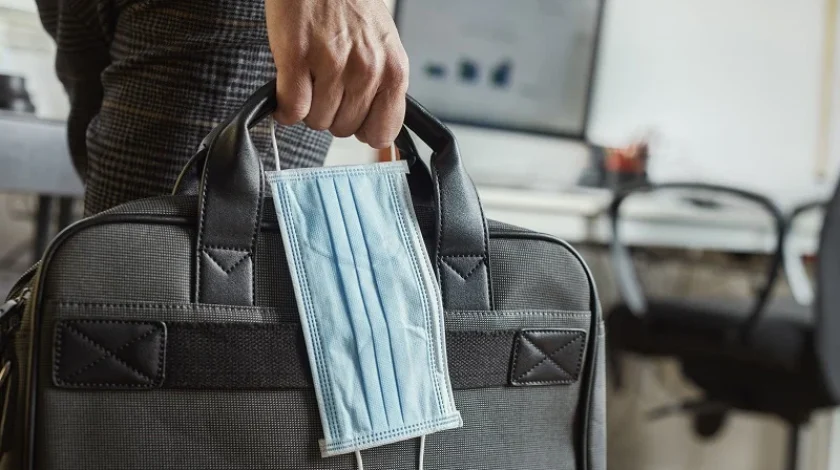The Australian Government announced an extension to the JobKeeper payment scheme on 21 July 2020 which will commence on 28 September 2020 and end on 28 March 2021. The extension will be available to most employer types including not-for-profits and charities as well as certain other eligible ‘business participants’ such as sole traders, partners in a partnership and beneficiaries of a trust.
The key changes that will operate from 28 September 2020 are:
- An introduction to a two-tiered payment system;
- Reduction of the current fortnightly payments; and,
- The introduction of a stricter eligibility criteria for qualifying businesses and not-for-profits.
JobKeeper – Payment Changes
Under the revised scheme, the JobKeeper payment of $1,500 (gross) will be reduced and paid at two rates on 28 September 2020 and again on 4 January 2021 based on the table below:
| Date | Full rate per fortnight |
Less than 20hrs worked per fortnight rate |
| 28 September 2020 to 3 January 2021 | $1,200 | $750 |
| 4 January 2021 to 28 March 2021 | $1,000 | $650 |
The extent of the payment reduction depends on whether:
- For Employees – in the four weeks of pay period before 1 March 2020, they were working in the business or not-for-profit for 20 hours or more a week on average; and
- For Eligible Business Participants – they were actively engaged in the business for 20 hours or more per week on average in the month of February 2020.
JobKeeper – Turnover Test Changes
From 28 September 2020, in addition to the existing eligibility requirements, organisations must reassess their eligibility for the JobKeeper payment extension with reference to their actual 2020 June and September quarter. Relevant continuing decline in turnover test must be proven by the organisations in both the quarters to be eligible for JobKeeper payments from 28 September 2020 to 3 January 2021.
Further reassessment of the organisations will be needed in January 2021 for the period from 4 January to 28 March 2021. Again, relevant continuing decline in turnover test in each of the previous three quarters must be demonstrated by the organisations to remain eligible for the March 2021 quarter.
| JobKeeper payment period | Decline in Turnover Test |
| 28 September to 3 January 2021 | Applied by reference to actual turnover in both quarters ending June and September 2020 |
| 4 January 2021 to 28 March 2021 | Applied by reference to actual turnover in quarters ending June, Sept, and Dec 2020 |
Should you require any further information please do not hesitate to contact a member of Coleman Greig’s Employment Law Team, who would be more than happy to assist you today.














